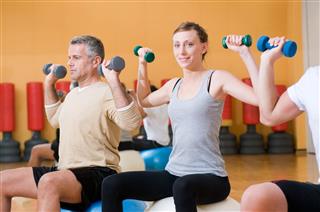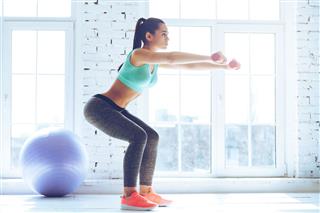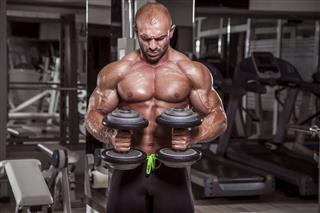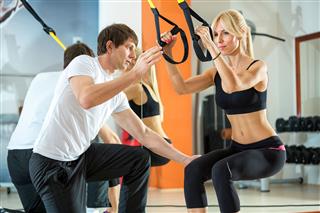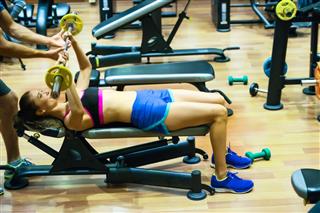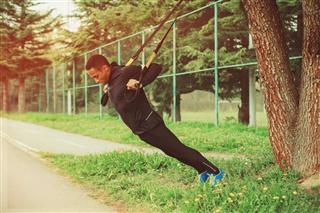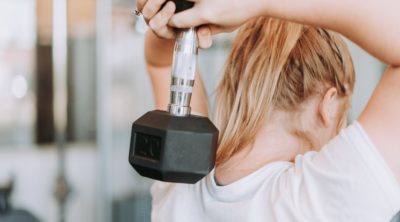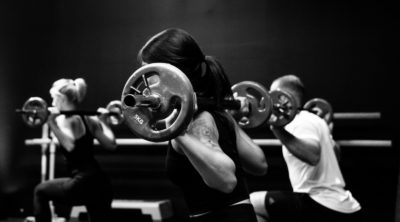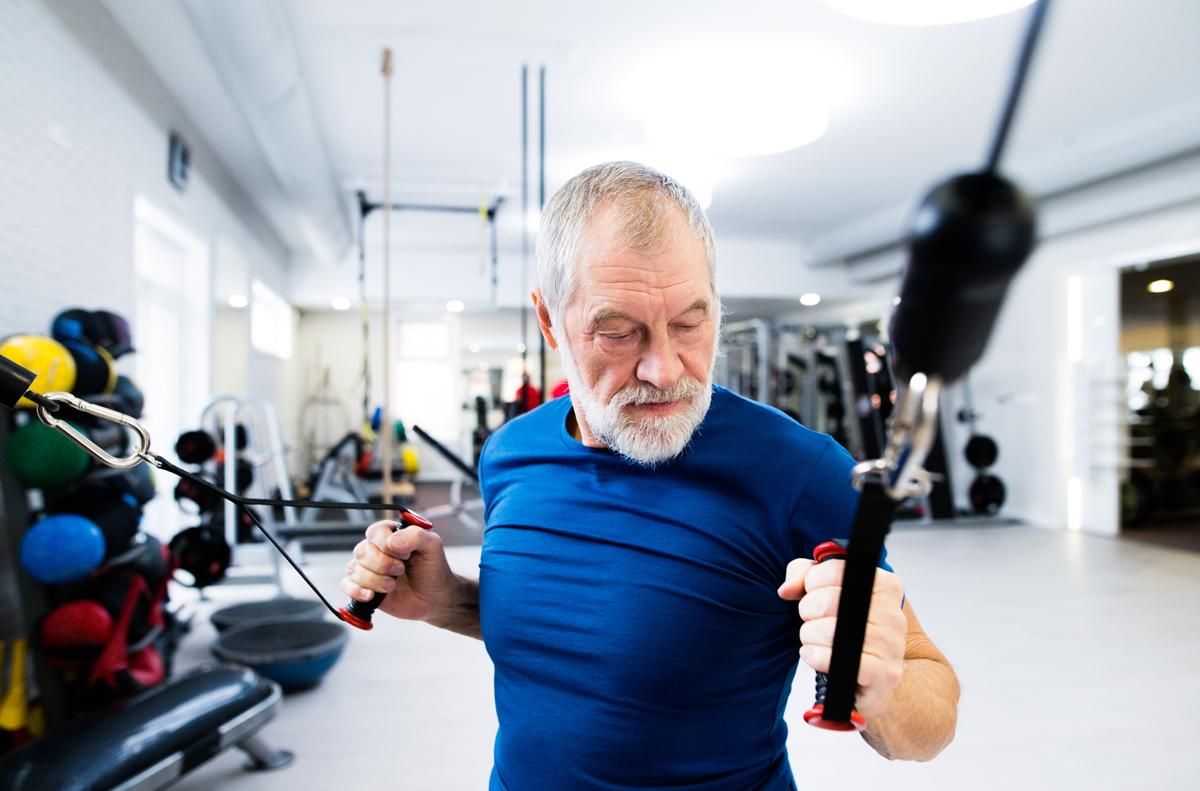
Rhomboid exercises benefit people who have been suffering from acute pain in or around the shoulder or upper back area. These exercises help condition shoulder blade (scapula) which also benefits the lower back muscles in the long run.

Rhomboid muscles or rhomboids are muscles located in the upper back area of the body. These muscles help move the shoulder blades smoothly. They are called rhomboids because their shape is similar to a rhombus. There are two types of rhomboids – Major and Minor Rhomboid. Both play an important role in the smooth functioning of the shoulder muscles.
Rhomboid muscle pain is a common grievance that many people encounter. People who sit in a hunched position for long hours often suffer from this problem. In the initial stages, the condition may not be severe but if care is not taken, the individual may suffer sharp pain in the shoulders and encounter difficulties in performing normal day-to-day activities and develop a crooked posture. To avoid the worsening of the situation, experts have recommended various exercises which aim to strengthen these muscles and provide a better posture.
Disclaimer: Users are recommended to consult a certified physiotherapist before beginning them. These exercises should only be performed if they do not cause any pain or harm to the muscles.
Squeezing Shoulder Blades

- It is extremely important to warm up the designated area before beginning a workout.
- Begin this warm up exercise by standing or sitting with an erect posture. Tuck the chin in and move the shoulders slightly back.
- Tighten the rhomboids by squeezing the shoulder blades as hard as possible, and ensure that the exercise is pain free.
- Hold for almost 5 to 7 seconds and perform 2 sets of 10 repetitions.
Resistance Band Pull

- Kneel on an exercise mat with an erect posture.
- Start by pulling the resistance band backwards tightening the rhomboids and squeezing the shoulder blades.
- Hold the position for 2 seconds and then slowly return to the original position.
- Perform 3 sets of this exercise with 10 repetitions each.

- Hold two dumbbells in your hands and stand with feet shoulder width apart, with a slight bend in the knees.
- Bend the torso at the waist, keep the head up and hold the dumbbells with a firm overhand grip.
- Bend the arms and lift the dumbbells upwards.
- Reverse the movements to lower the dumbbells, do not let them touch the floor after you have reached your last rep.
- Perform 3 sets of 10 repetitions each.
Lat Pulldown

- Lat Pulldown primarily exercise the latissimus dorsi (lat muscle), but it does require the assistance of the rhomboid muscles.
- Sit in an erect posture on the machine and position the knees under the supporting pads.
- Hold the bar with forward facing palms. In a smooth motion, pull the bar in front of the face and towards the chest while bringing the elbows closer to the torso.
- Pull the bar till it touches the collarbone and then lead it to its original position.
- Repeat 3 sets of 15 repetitions.
Back Dumbbell Row

- On an exercise ball place a hand and knee for supporting the body.
- Start this exercise by holding the dumbbell with the opposing arm. Begin slowly by bringing the dumbbell close towards the chest and ensure a good grip.
- Gradually return to the starting position. An extremely beneficial exercise for rhomboids, perform 3 sets of 10 repetitions each.
Cool Down Exercise

Cooling down after a workout is perhaps the most overlooked aspect of fitness. It ensures that the worked out muscles release the tension and stress built on them. The main aim of these exercises is to bring down the heart rate, body temperature and breathing under control.
- Begin by standing with a straight posture and raise the arms to the side.
- Stretch them backwards so that they are in line with the head and tuck your torso out.
- Hold this position for 5 to 10 seconds and release
- Do 3 sets of 10 repetitions.
How Rhomboid Exercises Benefit You
- Rhomboid exercises not only aim at rhomboids but they also shape up adjacent muscles and make them strong.
- Strong rhomboids means a proper posture and strong shoulders.
- Regular exercising ensures no back and neck pain. They also prevent rounding of shoulders and a curved back.
The following exercises are designed to condition and strengthen the rhomboid muscles and rule out the risk of a back injury. Another important point to remember is to warm up before exercising, this makes the muscle more flexible and improves blood flow in the area, thereby preventing a serious injury.
